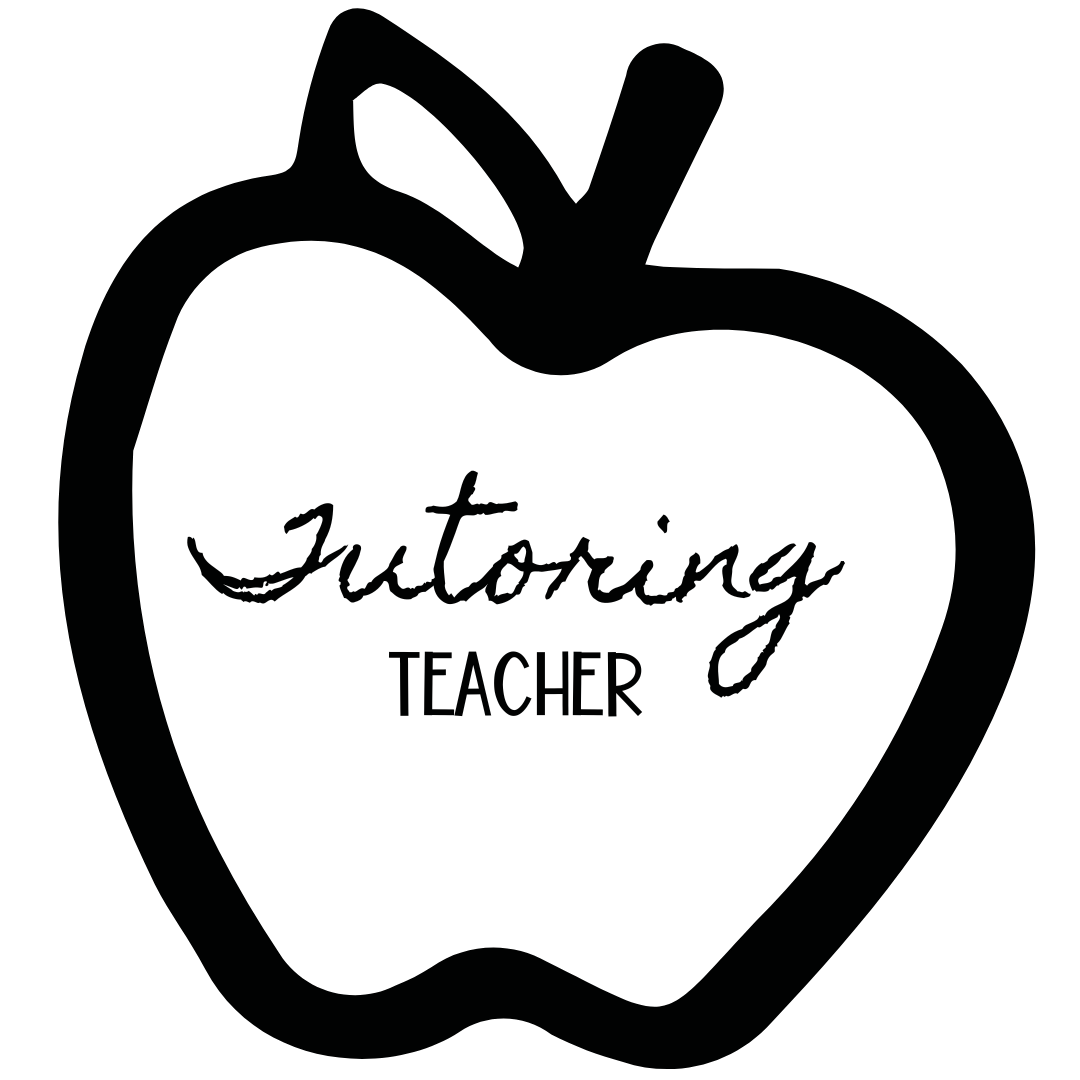The Power of Phonemic Awareness: Building Strong Readers from the Start

Reading Across America is here!! March is a month to celebrate reading and focus on motivating children and teens to read through events, partnerships, and reading resources that are about everyone, for everyone. One thing I want to highlight this month is after 13 years in the classroom, I can confidently say that phonemic awareness is one of the most important skills young learners need to become successful readers. It’s the foundation of literacy—without it, reading can feel like an impossible puzzle. The good news? Developing phonemic awareness doesn’t require expensive programs or fancy worksheets. It can (and should!) be fun, engaging, and part of everyday learning.
What is Phonemic Awareness?
Phonemic awareness is hearing, identifying, and manipulating individual sounds (phonemes) in spoken words. It’s purely auditory—no letters involved. When kids can break words into sounds and blend them back together, they’re on their way to becoming confident readers.
Why is it Important?
Before children can decode words on a page, they need to understand how sounds work in spoken language. Strong phonemic awareness leads to:
✔️ Better decoding skills
✔️ Improved spelling
✔️ Stronger reading fluency
✔️ Greater reading confidence
Easy & Fun Activities to Build Phonemic Awareness
1. I Spy… with Sounds!
Instead of colors, play “I Spy” using sounds. Example: “I spy something that starts with /s/” (sun, sock, snake). Kids love the challenge!
2. Silly Sound Swap
Take a familiar word and change one sound: “What happens if we change the /c/ in ‘cat’ to /b/?” Kids will giggle as they create new words while strengthening their sound manipulation skills.
3. Clap It Out
Say a word and have kids clap out each phoneme. Example: “Dog” = /d/ (clap), /o/ (clap), /g/ (clap). This builds segmentation skills essential for spelling and decoding.
4. Rhyme Time
Read rhyming books, sing songs, or play “What rhymes with ___?” games. Rhyming strengthens phonemic awareness by helping kids recognize sound patterns.
5. Mystery Word Blending
Slowly stretch out sounds in a word and have kids guess what it is. Example: “/m/-/oo/-/n/” (moon!). They love feeling like detectives solving a puzzle.
Final Thoughts
Phonemic awareness is the secret sauce to strong reading skills. The best part? You don’t need worksheets or drills—just a playful attitude and a little creativity. By making sounds fun, we help kids develop the skills they need to become fluent readers who love books. And that, my fellow teachers and parents, is the ultimate goal!!
Happy teaching!
Two great resources that promote phonemic awareness:
Alphabet Sentence Writing Journal
CVC Writing Journal Complete Bundle
Great books that promote phonemic awareness:
Hop on Pop- Dr. Seuss
Down By the Bay- Raffi
Brown Bear, Brown Bear- Bill Martin Jr.
Chicka Chicka Boom Boom- Bill Martin Jr.
Sheep in a Jeep- Nancy Shaw
There's a Wocket in My Pocket- Dr. Seuss
